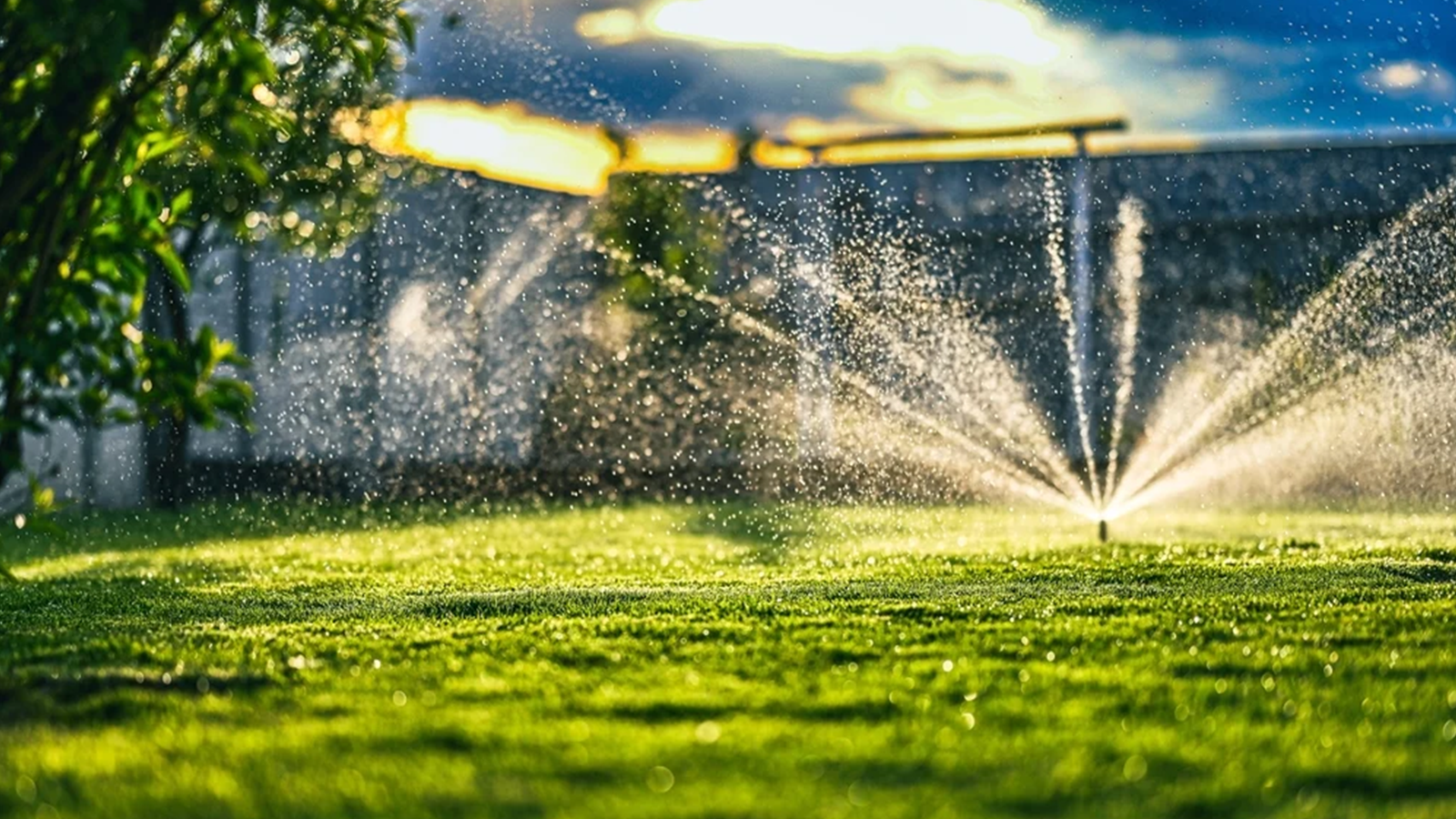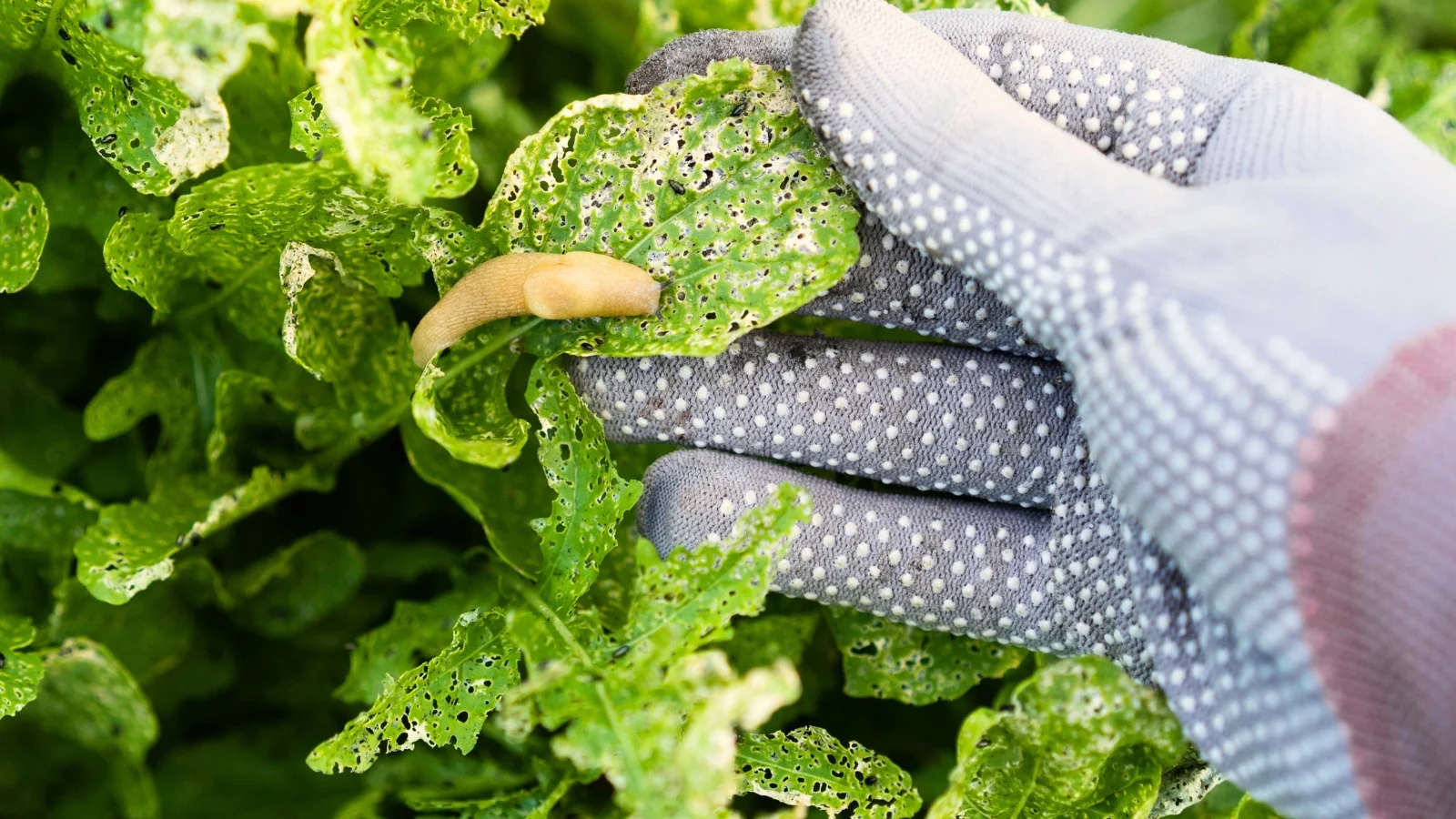
Pests such as aphids, beetles, and caterpillars can wreak havoc on crops, leading to significant losses. According to the United States Department of Agriculture, insect pests cause an estimated 10-20% loss in crop yield annually, costing farmers billions of dollars each year (USDA, 2024). Furthermore, the National Agricultural Statistics Service reports that about 70% of U.S. farmers use chemical pest control measures to manage these threats (NASS, 2024). Early detection and prompt action are essential. Integrated Pest Management (IPM) strategies, which combine cultural, biological, and chemical methods, are often the most effective approach.
The Role of Agricultural Sprayers
Our agricultural sprayers are designed to deliver pesticides precisely and efficiently. Here are several key benefits:
Our sprayers allow for targeted application, reducing pesticide use while ensuring thorough coverage. This minimizes the risk of overspray and unintended exposure to beneficial insects.
With ergonomic designs and adjustable spray patterns, our sprayers ensure ease of use, enabling farmers to operate them comfortably for extended periods.(procuct link)
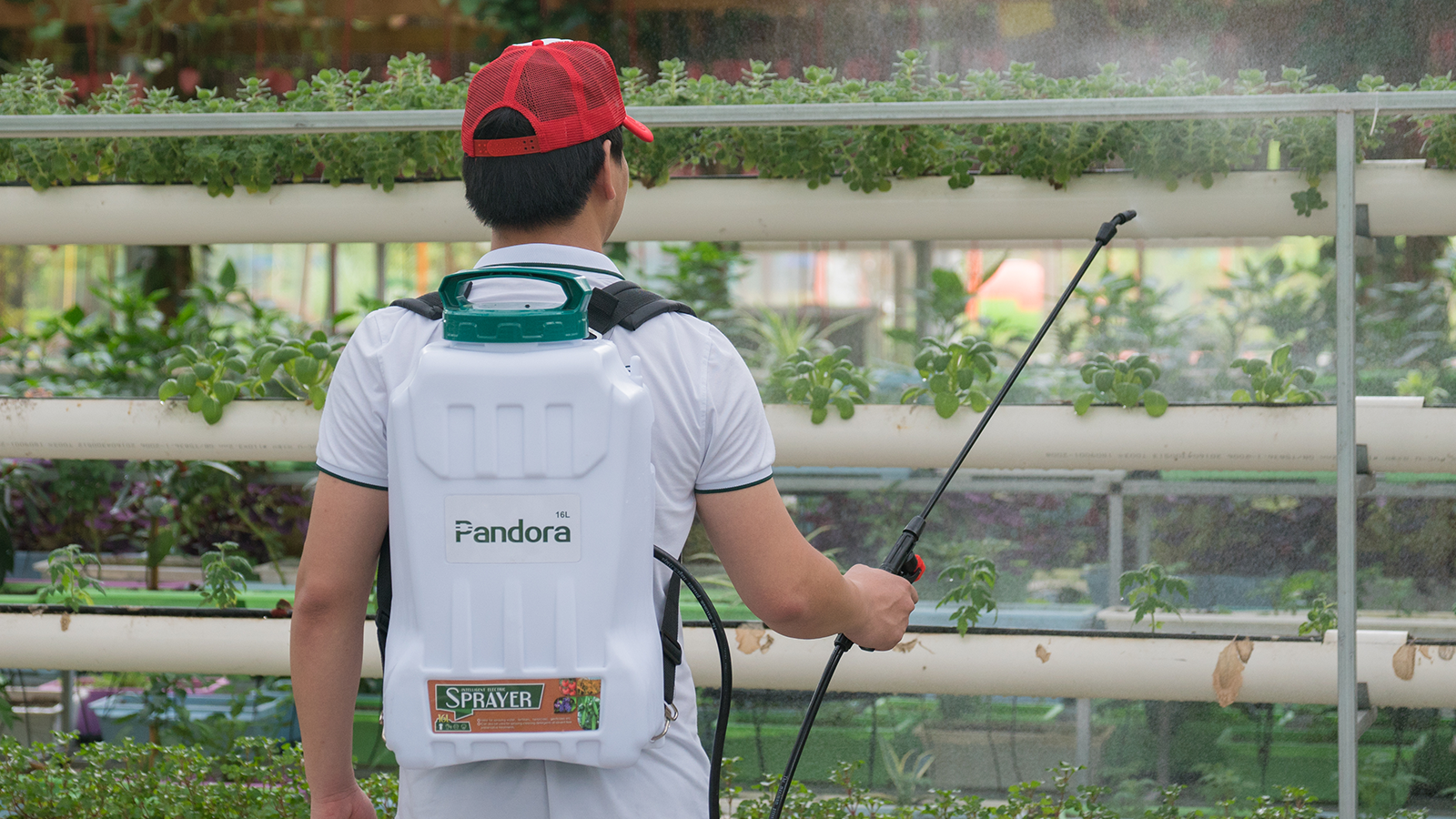
Our electric backpack sprayers provide a consistent spray pattern with less fatigue compared to traditional manual sprayers, making them ideal for larger fields.
Select the Right Pesticide: Choose pesticides that are specifically formulated for the target pest while being safe for crops and the environment.
Apply pesticides during cooler parts of the day, such as early morning or late afternoon, to minimize evaporation and maximize effectiveness.

Regularly check pest levels to determine the need for spraying. This helps in making informed decisions and avoiding unnecessary applications.
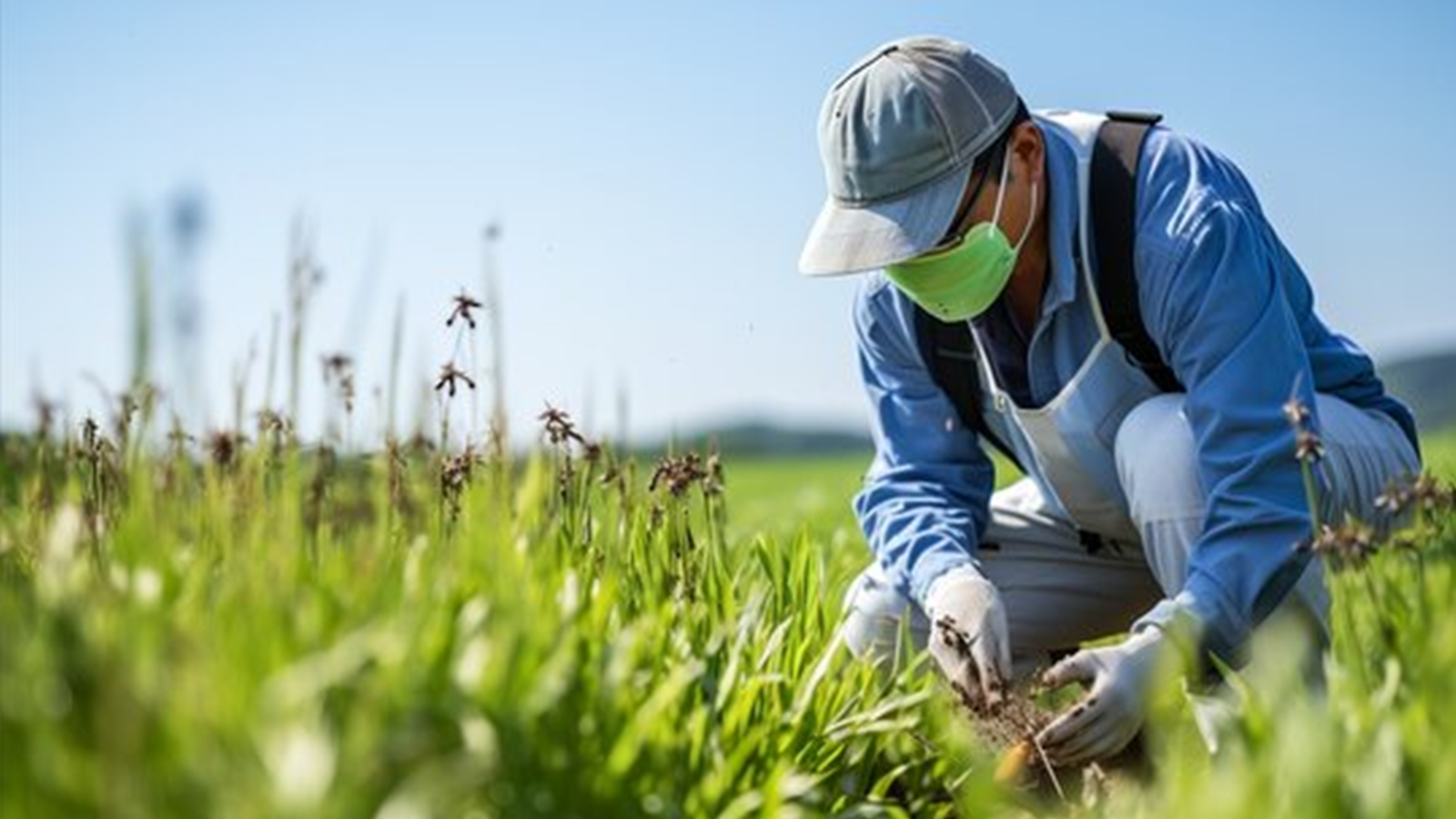
To prevent pests from developing resistance, rotate between different classes of insecticides throughout the growing season.
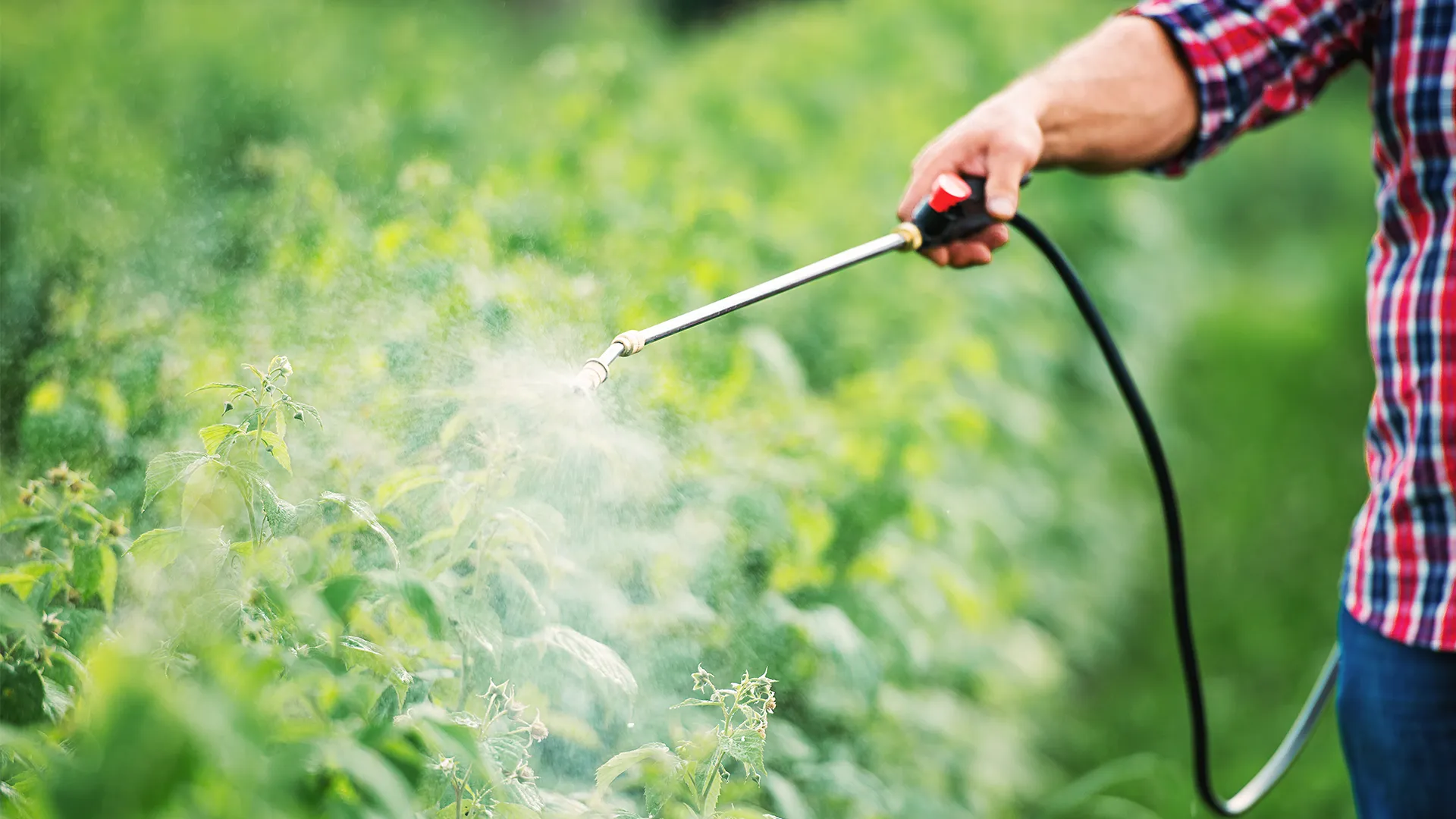
Agricultural pests pose a significant threat to crop production, but with the right tools and strategies, farmers can effectively manage these challenges. Our agricultural sprayers provide the precision and efficiency needed to combat pests while promoting sustainable farming practices. By integrating our advanced sprayers into their pest management strategies, farmers can protect their crops and ensure a fruitful harvest.

References:
1.United States Department of Agriculture (USDA). (2024). Economic Impact of Insect Pests on Agriculture. Retrieved from https://www.usda.gov/economic-impact-insect-pests
2.National Agricultural Statistics Service (NASS). (2024). Agricultural Chemical Usage: Field Crops Summary. Retrieved from https://www.nass.usda.gov/Surveys/Guide_to_NASS_Surveys/Agricultural_Chemical_Usage
3.Food and Agriculture Organization (FAO). (2024). The State of Food and Agriculture 2023: Climate Change and Agriculture. Retrieved from https://www.fao.org/publications/sofa/2023/en/
